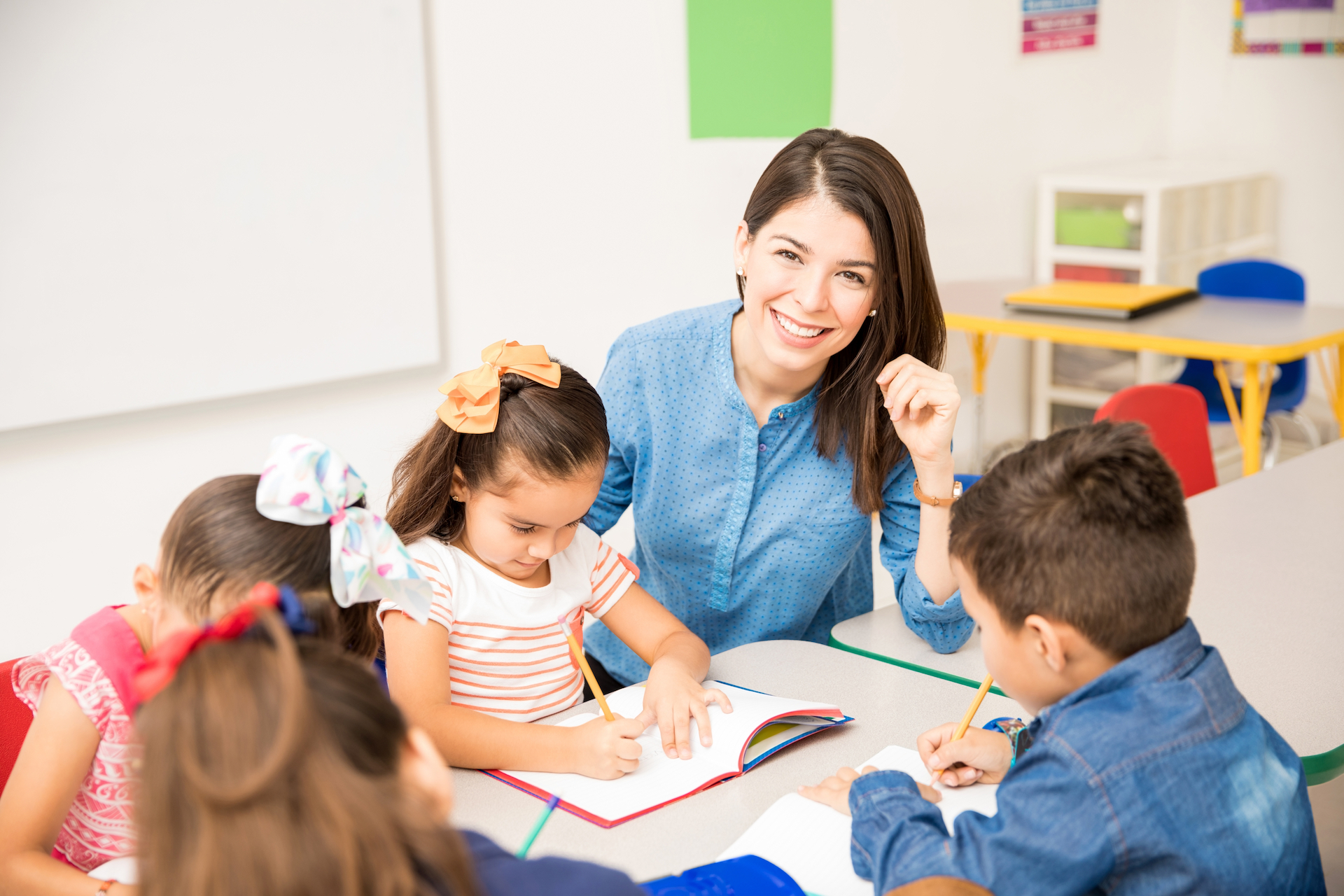By Karen Nemeth, EdM
When my daughter was very young, her pet bird died in the morning just before I rushed out to bring her to school. Later that day she told me she did not have a good day at school. Then she handed me a note from her teachers. This kind note informed me that my daughter had been in trouble several times that day, acting out or not paying attention. The teacher wrote: “Finally, at the end of the day, when I spoke to your child about her behavior, she told me that her parakeet had passed away. Now I understand why her behavior was so different today. Please let me know whenever something important happens in your child’s life. I can’t help if I don’t know.” That’s when I first learned the real importance of communicating with the teacher.
Teachers understand the value of building relationships with families. Families know things that will help support their child during school. Teachers know things that can help families, too. When you work in partnership with your child’s teacher, you bring together the best of both worlds. This is even more important for young children because they may not be ready yet to fully communicate about their own experiences. The more you work together, the easier it will be to communicate with each other, even if you don’t speak the same language.
If there are language differences, you can ask the school to provide an in-person interpreter or a phone interpretation service. School personnel are usually aware that it is not a good idea to use students to help with interpreting in such conversations. This puts too much pressure on them as they do not have the experience or technical knowledge to translate difficult topics.
Here are some ways to communicate with your child’s preschool teachers:
- Share information to help your child feel comfortable and secure
- Let the teacher know if your child isn’t feeling well or if they didn’t get enough sleep. Preschool classrooms often have cozy corners where children can get a little quiet time if needed.
- Tell the teacher if your child had a sad or upsetting morning before school so they can be prepared to comfort your child and help them transition to a good day at school
- Share the excitement if something nice happened with your child so the teacher can share in celebrating a happy time.
- Always tell the teacher when your child learns something new or shows a new skill. Learning at home is just as important as learning at school and the teacher will be happy to support your child’s progress.
- If you and the teacher speak different languages, you might use email or text messages so each of you can use translation apps. It can also be helpful to include pictures.
- Read the information the teacher sends home to you
- Schools may give you information on paper, in email, or by text messages. You can tell the school which way you prefer to receive information and be sure to tell them what language you need.
- You may not need all of the information that comes home from your child’s school, but you should pay attention in case there is something that has a deadline or needs a response. You can be sure these requests are meant to help your child have a wonderful preschool experience.
- Practice learning with your child at home
- Research shows that young children really benefit when they experience the same learning activities at home and at school.
- Be honest with the teacher if you or your child is experiencing any stress or difficulty
- Your child’s teacher cares about your whole family. They will want to know if they can offer any support or comfort that will help your child continue to enjoy school.
- Most preschools have contacts with a variety of services and support systems and they may be able to assist you in finding the help you need.
- Be ready to listen
- If a child is having difficulty in school due to learning or behavior issues, the teacher will want to consult with you. With young children, it is so important to understand any problems as early as possible so help can be given. It might be difficult, at first, to learn that your child is having trouble. The best way to make things better is to work cooperatively with the teacher.
- Preschool teachers work very hard, just like the rest of us do. School rules are designed to keep an orderly format to the day and to protect teachers from burnout. If there are school rules that are hard for you to follow, have a conversation with the teacher to work things out so both sides can work together for the good of the child
- Share your talents
- It means so much to a child when their family members visit and participate in their preschool program. If you are able to visit during the day, ask the teacher about volunteer opportunities. You might read stories in any of the languages you speak, or help with the school garden, lead the children in songs or dances, or participate in school trips.
- If you are not able to visit the school during the day, there are other ways that you can be a valuable helper. Ask the teacher if they need help cleaning or fixing toys and books. You might have traditional stories and songs that your child would love to see at school in English or other languages used by your family. You might make a video or voice recording of the song or story to send to the class.
- Family members who are far away sometimes visit classrooms via video chat programs to share stories or sing songs together.
When parents and teachers work together, they pave the way for happy preschool years and success throughout the school years.
You can read more about this topic in “Families and Educators Together: Building Great Relationships that Support Young Children” by Derry Koralek, Karen Nemeth, and Kelly Ramsey from NAEYC (2019).
https://www.naeyc.org/resources/pubs/books/families-educators-together



